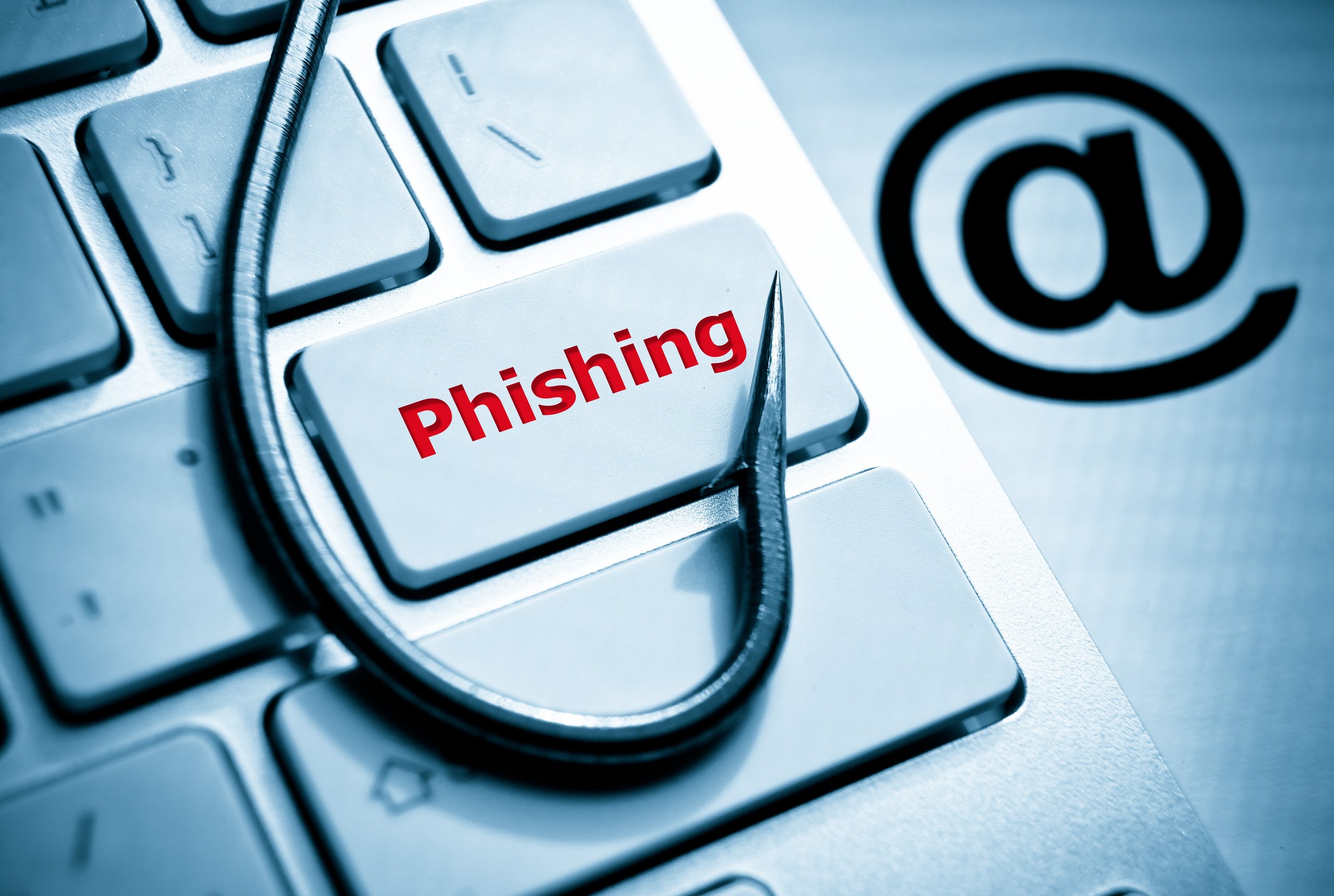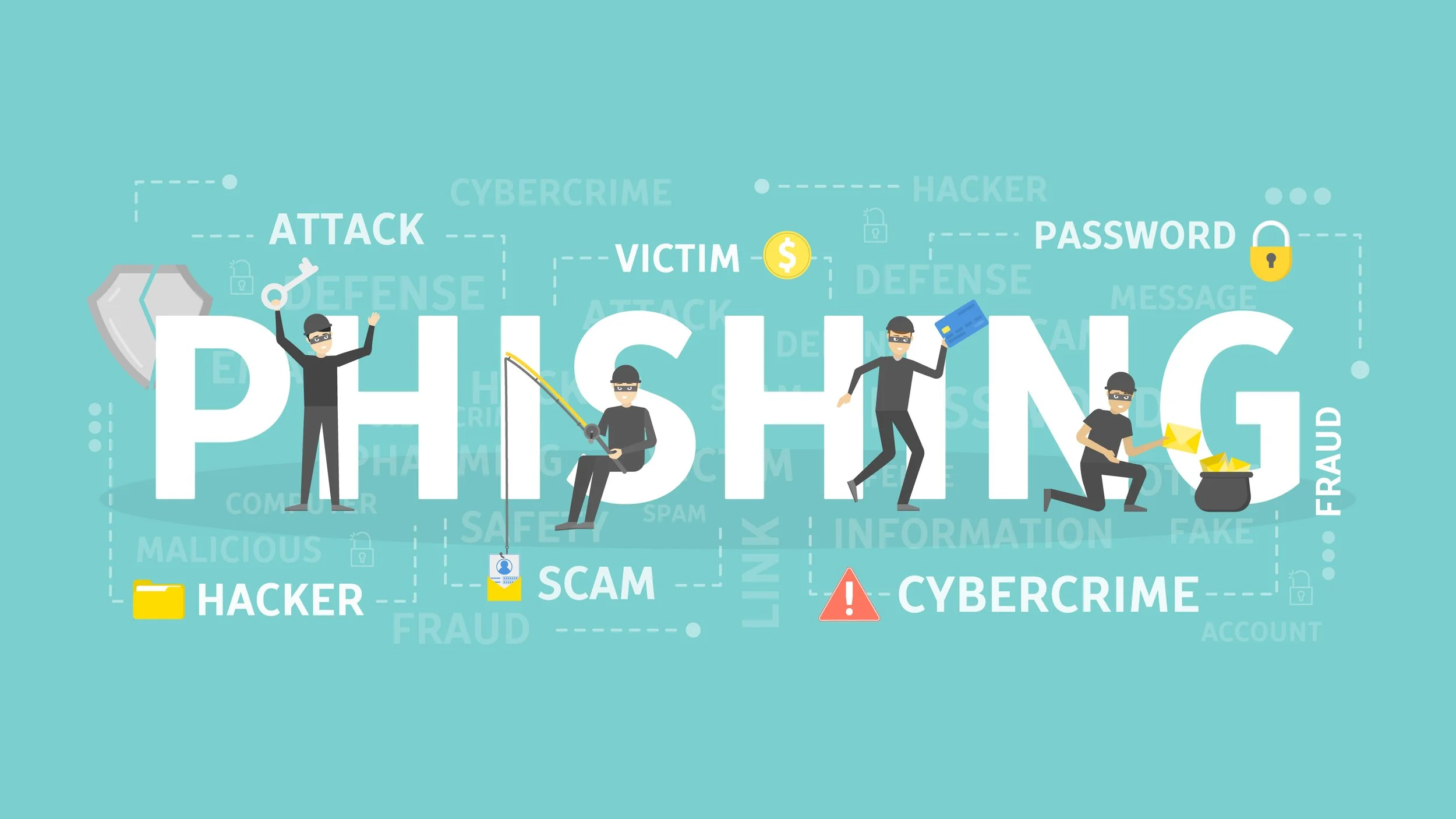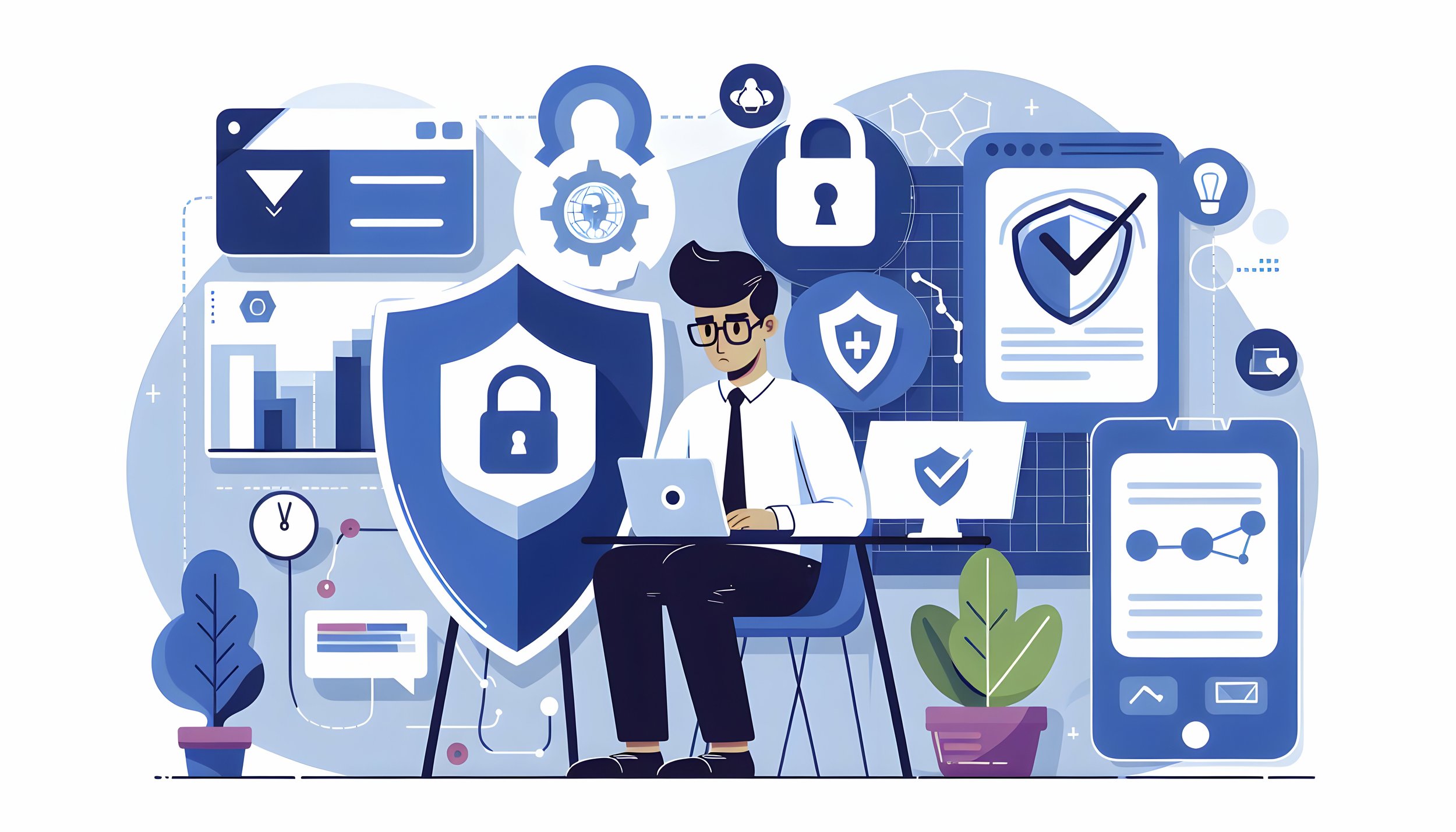🎙️Ep. 99: Navigating the Intersection of Law Ethics and Technology with Jayne Reardon.
/Meet Jayne Reardon, a nationally renowned expert on legal ethics and professionalism who provides ethics, risk management, and regulatory advice to lawyers and legal service providers. Jayne is an experienced trial lawyer who has tried cases in state and federal courts across Illinois and on appeal up to the United States Supreme Court. She also sits on the national roster of the American Arbitration Association for Commercial and Consumer Arbitration. Moreover, she is a certified neutral in the Early Dispute Resolution Process. Jayne's experience includes service as Executive Director of the Illinois Supreme Court Commission on Professionalism, an organization dedicated to promoting ethics and professionalism among lawyers and judges, and disciplinary counsel for the Illinois Attorney Registration and Disciplinary Commission.
In today's conversation, Jayne explores ethical concerns for lawyers using AI, focusing on ABA Model Rules. She also discusses billing ethics, advising transparency in engagement letters and time tracking. Furthermore, Jayne highlights online civility, warning against impulsive posts and labeling, and real-life cases to underscore the importance of ethical vigilance in AI-integrated legal practice.
Join Jane and me as we discuss the following three questions and more!
What are your top three warnings to lawyers about using AI in line with the ABA model rules of ethics?
Some lawyers are creating DIY services online through chatbots, AI for clients, through chatbots and AI for clients to handle their legal affairs. What are the top three ethical concerns these lawyers should be wary of when creating these services?
What are your top three suggestions about lawyers being civil to one another and others online?
In our conversation, we cover the following:
[01:11] Jayne's Current Tech Setup
[04:50] Handling Tech Devices and Daily Usage
[08:51] Ethical Considerations for AI in Legal Practice
[19:21] Ethical Considerations for AI-Assisted Services
[26:37] Civility in Online Interactions
[30:58] Connect with Jayne
Resources:
Connect with Jayne:
E-mail: jayne.reardon@fisherbroyles.com
LinkedIn: linkedin.com/in/jaynereardon/
Hardware mentioned in the conversation:
AirPods: apple.com/airpods/
Apple Watch: apple.com/watch/
iPad: apple.com/ipad/
iPhone: apple.com/iphone/
Mac: apple.com/mac/
PC (Windows device): microsoft.com/en-us/windows
Software & Cloud Services mentioned in the conversation:
LexisNexis AI: lexisnexis.com/en-us/gateway.page
Westlaw AI: legal.thomsonreuters.com/en/products/westlaw-edge
* the “W-Calendar” program I refered to apparently is no longer an active software program available for purchase.



























